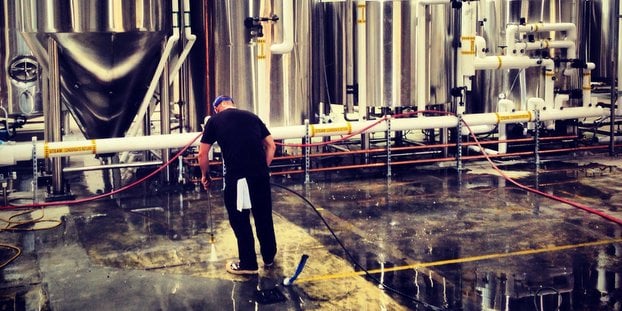
As virtually all startups and small businesses know, one of the surest ways to kill a promising enterprise is to get involved in costly litigation. Breweries and brewpubs are no exception. The current rise in employment litigation shows three primary types of lawsuits to which craft beer employers should pay particular attention to avoid getting in the crosshairs of a legal nightmare.
Craft breweries feel growing pains
The craft beer industry is growing at a remarkable rate. This website reported yesterday that there are now 5,005 breweries in the United States and almost all (99 percent) are small and independent craft brewers. It’s estimated that approximately 450,000 employees currently work at breweries and brewpubs alone. And with craft beers continuing to increase in popularity, there are no signs that those figures will decrease in the foreseeable future.
But as the industry continues to realize spectacular growth, the number of employment lawsuits directed at breweries also continues to climb. In the last three years, court filings show that breweries and brewpubs have been involved in approximately 900 lawsuits, roughly 10 percent of which were employment lawsuits. The bad news is that these numbers increased significantly in 2016.
These figures are consistent across all industries, with employment lawsuits jumping 400 percent in the last 20 years. At present, almost half (42 percent) of employment lawsuits are brought against private employers with fewer than 100 employees. Notably, these figures do not include state and federal administrative agency charges or informal demands resulting in pre-litigation settlements, each of which can carry thousands of dollars in associated legal costs. There’s a common belief that the craft beer industry, with all its charm and good vibes, is not subject to the virulent and costly nature of employment disputes. But as these filings show, workplace disputes are, in fact, a real and growing concern.
But what are the most common types of employment suits brought against breweries? And what should craft breweries, brewpubs and similarly sized hospitality employers pay attention to this holiday season? Here are three main areas of concern.
Wage claims
Craft breweries and brewpubs have been hit with scores of wage and hour lawsuits in the last three years, particularly claims alleging failure to pay all wages due at termination, and failure to pay overtime wages. To avoid such issues, craft breweries and brewpubs should implement several processes to minimize the risk of running afoul of what often amounts to a mere technical violation.
RELATED: Brewery compensation series part 1: How to pay your brewers
For example, in states that require all final wages to be tendered within one business day, and where a termination decision occurs rather spontaneously, it could be a good idea to suspend the employee for one or two days before termination. This will buy you some additional time to make sure the employee’s final paycheck is accurate and allows you to complete your investigation into the underlying situation to ensure termination is proper.
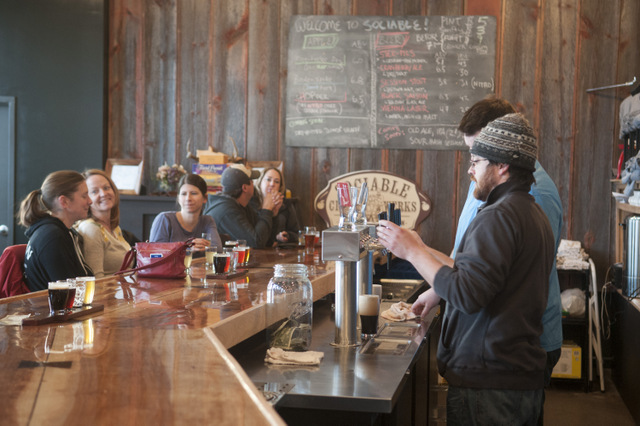
With regard to overtime claims, even with the relatively shocking November 22 court decision blocking the Department of Labor’s salary increase for “white collar exempt” workers (which would have become effective December 1, 2016), employers in the craft beer industry should nonetheless take this opportunity to revisit their overtime and compensation practices. While the regulation would have significantly increased wages for many restaurant and brewery managers, and could still be resurrected, the decision nonetheless reemphasizes the importance that employers ensure their employees classified as overtime exempt meet the “duties test.”
Employers of all shapes and sizes have found themselves on the receiving end of wage claims for misinterpreting this requirement and mistakenly categorizing their employees as exempt. Craft beer employers that currently classify employees as exempt should take the time to make sure they don’t make the same mistake.
Pregnancy-related claims
Pregnancy-related claims have also seen a major uptick in recent years. One of the most common pitfalls for employers has been failure to provide an employee with the same job duties upon returning from maternity leave. Breweries and brewpubs can get in trouble if they don’t know whether they are subject to federal law. That’s because the Family and Medical Leave Act (FMLA) requires businesses with at least 50 employees to restore an employee returning from maternity leave to her original job, or to an “equivalent” job, which essentially means the job cannot differ in terms of pay and benefits.
Even where breweries and brewpubs have fewer than 50 employees, however, many are nonetheless subject to state and local leave laws — which often have even more stringent requirements. For example, many states require that mothers be given the opportunity to work the same schedule they had before they went on maternity leave. This, of course, can cause tensions with other employees who worked those shift hours in the interim.
Another major pregnancy-related issue that could lead to legal liability relates to milk expression laws. More than half the states (28) have laws related to breastfeeding in the workplace. A common error employers make is failing to provide a “reasonable break time” for mothers to pump milk, or otherwise failing to provide such mothers a private area — other than a bathroom — that is shielded from view and free from intrusion of coworkers and the public.
While legislatures often provide “undue hardship” exceptions for smaller employers, the reality is that getting into a dispute with a mother needing to express milk at work is a no-win situation for any employer, no matter the size. Even if the employer can show a legitimate undue hardship, the brewery or brewpub is at risk of attracting negative publicity and diminished morale in the workforce, which can ultimately cost far more in lost sales or turnover costs than it would to accommodate the employee’s needs.
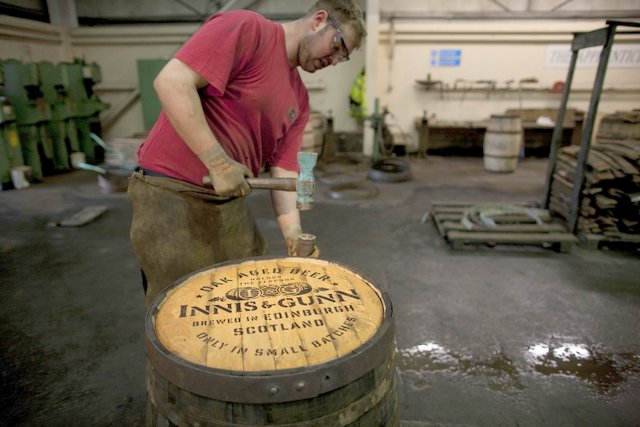
“Contractual” disputes regarding the employment relationship
Court filings over the last three years show that another common employment lawsuit for breweries and brewpubs relates to contractual disputes governing employment relationships. There are myriad ways that breweries — whether new and small or established and large – can introduce contractual agreements into the workplace relationship.
For example, it is not uncommon for breweries that are just getting started to allow people to “volunteer” at tasting events, with the understanding that there could be an employment opportunity at the brewery at some point down the road. Even though this type of arrangement is often well-meaning, the reality is that the Department of Labor and similar state regulatory entities consider such “volunteers” to be employees, meaning they are entitled to be paid at least minimum wage.
RELATED: Six employment law tips for growing craft breweries
Similarly, new breweries often mischaracterize workers as “independent contractors,” when the government actually considers them employees. Getting this characterization wrong can lead to nasty and costly disputes with workers and government agencies alike over the appropriate payment of wages. To avoid falling into this trap, make sure you consult with legal counsel before designating any of your workers as a contractor. If part of your existing workforce already includes independent contractors, work with employment counsel to conduct a review and audit to make sure you’re doing it right.
Finally, court filings have also shown an uptick in litigation over trade secrets and restrictive covenants, which are likely to come into play with brewmasters who are recruited to a competing business. To protect proprietary information and trade secrets, you should strongly consider having employees sign confidentiality, non-disclosure, non-recruiting, and assignment of inventions agreements. For breweries interested in restrictive covenants, you should know that the laws governing such agreements can vary significantly by state, and should be prepared – or at least reviewed – by an employment attorney for enforceability.
Conclusion
While these types of employment disputes appear to be the most common in recent years, there is no question that breweries and brewpubs have also been hit with other kinds of claims. While it is impossible to predict each brewery’s future, the more steps you take now to avoid potentially litigious employment issues, the more time you can spend winning your next gold medal brew, and less time worrying about costly personnel disputes.
Chris Morehead is an attorney in the Portland office of Fisher Phillips, a national labor and employment law firm. Much of Chris’ practice is devoted to representing hospitality employers, with an emphasis on the craft beer industry. When not in the office, you can usually find him collecting badges on his “Utappd” app or tweeting about the craft beer industry @craftylawyerpdx. He can be reached at [email protected] or 503-205-8099.

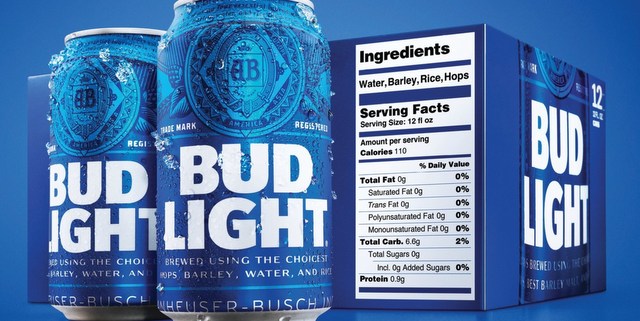

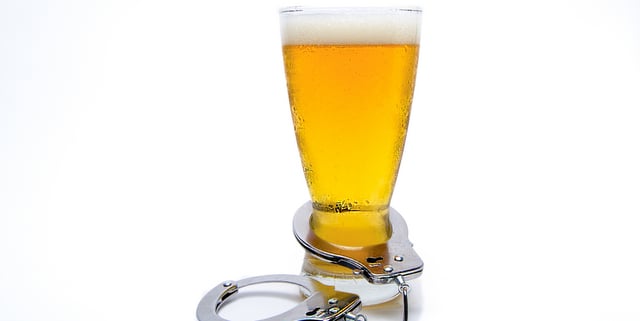
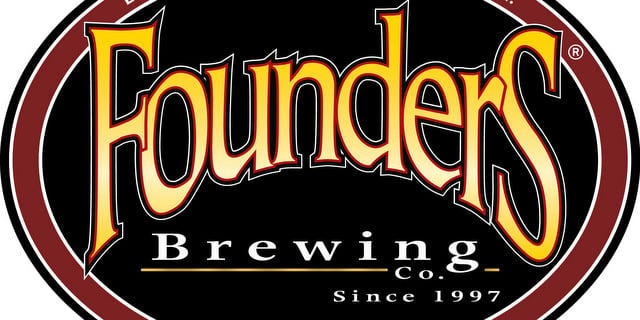
Leave a Reply
You must be logged in to post a comment.